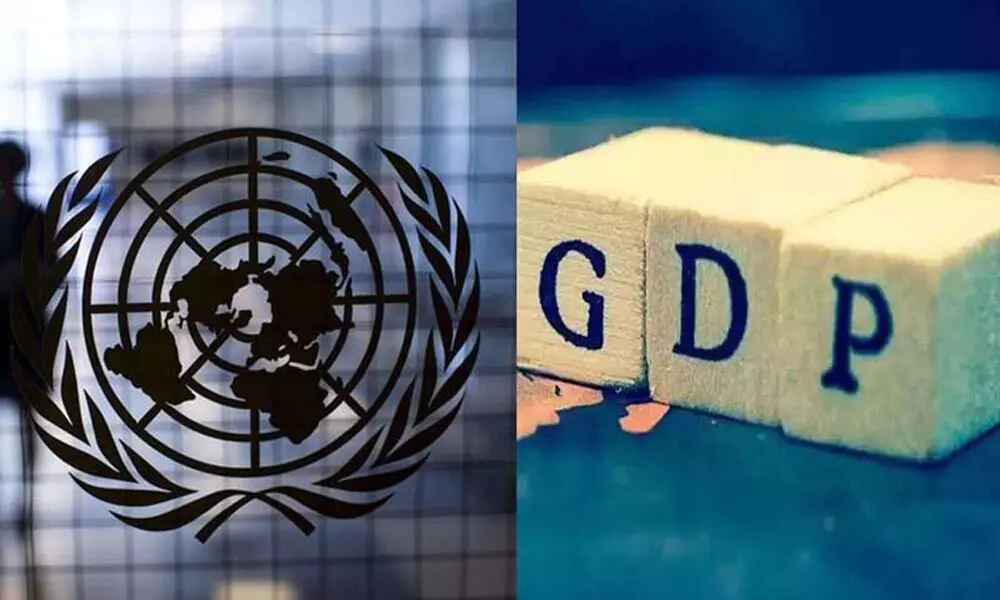Ukraine war dents India's GDP by 2% in 2022
Economy growth downgraded to 4.6% due to restraints on energy access and prices, reflexes from trade sanctions, food inflation, tightening policies and financial instability: UN report
image for illustrative purpose

United Nations: India's projected economic growth for 2022 has been downgraded by over two per cent to 4.6% by the United Nations, a decrease attributed to the ongoing war in Ukraine, with New Delhi expected to face restraints on energy access and prices, reflexes from trade sanctions, food inflation, tightening policies and financial instability, according to a UN report released on Thursday. The UN Conference on Trade and Development (UNCTAD) report downgraded its global economic growth projection for 2022 to 2.6% from 3.6% due to shocks from the Ukraine war and changes in macroeconomic policies that put developing countries particularly at risk.
The report said while Russia will experience a deep recession this year, significant slowdowns in growth are expected in parts of Western Europe and Central, South and South-East Asia. India was forecast to grow at 6.7 per cent in 2022 and this projection has been downgraded to 4.6 per cent by UNCTAD. The report said as some of the other economies in South and Western Asia may gain some benefits from fast growth of demand and prices of energy, they will be hampered by the adversities in primary commodity markets, especially food inflation, and will be further hit by inherent financial instabilities. "India in particular will face restraints on several fronts: energy access and prices, primary commodity bottlenecks, reflexes from trade sanctions, food inflation, tightening policies and financial instability," it said.
The report has downgraded the GDP growth of the US from three per cent to 2.4 per cent. China will also see growth decrease to 4.8 per cent from 5.7 per cent. The report projects a deep recession for Russia, with growth decelerating from 2.3 per cent to -7.3 per cent. The report said the Russian economy faces stringent external constraints imposed by the sanctions. While Russia is still exporting oil and gas, and will therefore see compensating increases of revenue due to high prices, sanctions severely limit the use of foreign exchange earnings for the purchase of imports or debt servicing.
Russia will experience severe shortages of a wide range of imported goods, high inflation and a substantially devalued currency. While the state will likely act to cushion the shock and limit unemployment and the fall of household incomes, its capacity is limited. "Trade with China and some other partners will continue, but they will not be able to provide substitutes for the wide range of imported goods that the Russian Federation currently cannot access. Assuming the sanctions remain in place through 2022, even if the fighting in Ukraine ends, Russia will experience a severe recession," it said. The report noted that a number of developing country central banks also engaged in quantitative easing: active purchasing of bonds in the open market.

